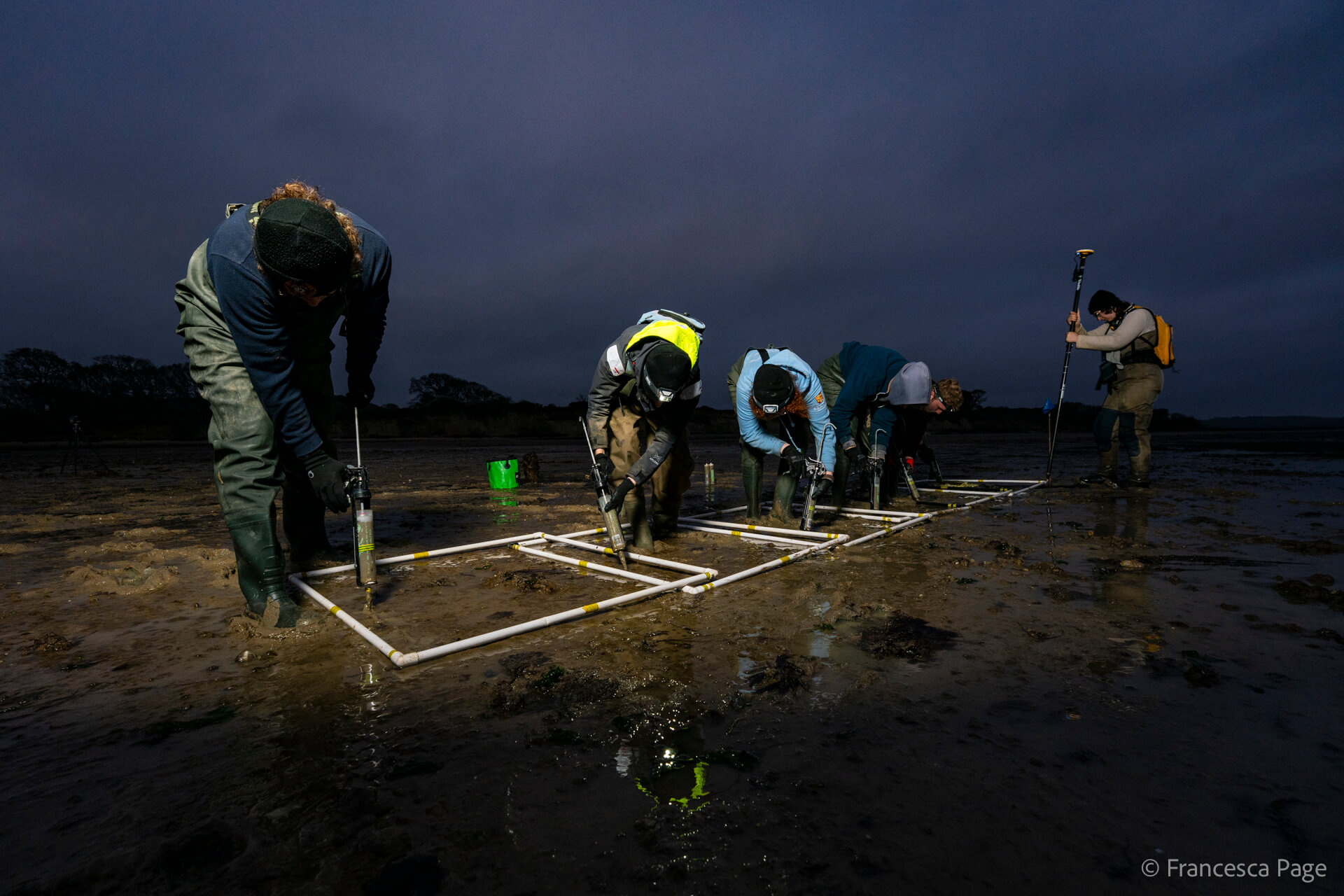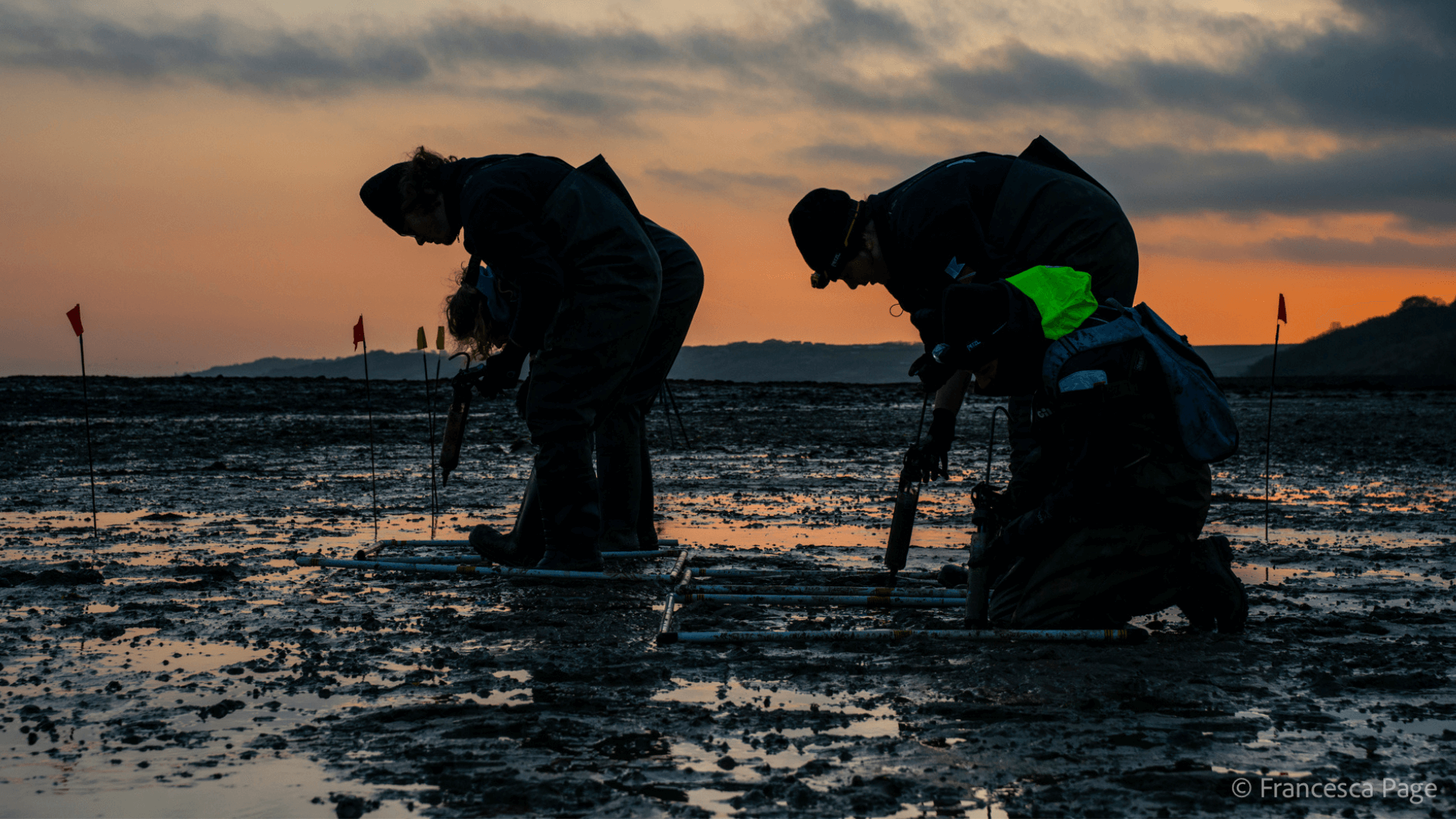Dr Richard Unsworth, Chief Scientific Officer at Project Seagrass, along with 35 other leading scientists from across the UK, responds to proposals from the UK government to make licensing for marine restoration more complex and costly. Dear Rt Hon Steve Reed OBE MP and team, This letter sets out our response as leading scientists, practitioners, and NGOs to the DEFRA consultation “Marine licences: changes to fees, exemptions and self-service licences”. We believe the proposed increases in fees and restrictions for marine licences will seriously undermine restoration efforts, making an already difficult activity even more challenging and, in many cases, unviable. The current licensing system for marine restoration is already unjust and fundamentally at odds with the UK Government’s national and international commitments. To introduce additional fees, administrative burdens, and restrictions at this time is, quite frankly, perverse. We specifically oppose: Any increase in fees for marine restoration licences. The urgent need is to remove fees entirely, not add to them. Further restrictions and additional charges on marine restoration projects larger than 5 hectares (we need marine restoration exemptions from this). Evidence clearly shows that scaling up restoration delivers greater resilience and enhanced ecosystem service (natural capital) benefits compared with small, fragmented projects. We specifically request: Practitioners need DEFRA to create a simplified, consistent, cost-free, and science-based licensing system for marine and coastal conservation. Currently, licensing is one of the most significant barriers to restoring the health of the UK’s seas. We see these proposed changes under the consultation as a missed opportunity to create such a system. The urgency could not be greater. Our climate and natural systems are breaking down, and the ocean is in crisis. In each of the last three summers (2023–2025), UK seas have endured unprecedented marine heatwaves. Never before has there been such a critical need for healthy coastal ecosystems that can bolster resilience, buffer climate impacts, and support food security. Yet our habitats have been decimated and continue to decline with DEFRA’s own assessment concluding that the UK marine environment is failing on 13 out of 15 indicators. Marine restoration is not optional; it is essential for our collective future. Restoring and conserving ocean habitats is also a legal obligation. The UK is a signatory to the Kunming–Montreal Global Biodiversity Framework and, under the Environment Act 2021, has binding targets for nature recovery. These commitments require all public bodies, including seabed owners to conserve and enhance biodiversity. The UK has already missed the Aichi Biodiversity Targets, largely due to regulatory barriers of the very kind now being proposed. Repeating these mistakes would be indefensible. The benefits of a streamlined licensing system are profound. It would enhance our capacity to tackle the climate and biodiversity crises, strengthen coastal resilience, and improve national food security. International examples demonstrate that simplified frameworks accelerate recovery and generate long-term ecological and social benefits. At conferences such as ReMeMaRe, UKSS, and the Seascape Conference, frustration with England’s current licensing regime has been a recurring theme. The system is widely regarded as unpredictable, inconsistent, costly, and burdensome, treating restoration projects as if they damage rather than enhance the marine environment. This not only delays urgent work but risks deterring vital investment in ocean recovery. The state of our marine environment illustrates the scale of the problem: estuaries are degraded, mudflats retreating, saltmarshes fragmented, and most seagrass meadows lost. Remaining habitats are scarce and highly vulnerable to climate change. Immediate reform is essential. Wales and Scotland are already moving in the right direction. Dialogue and regulatory reforms are creating enabling environments for restoration. England must now do the same. Without urgent change, regulation will remain a barrier to the large-scale environmental renewal that is desperately needed. We no longer have healthy ecosystems to use as restoration baselines. Historic habitats such as oyster reefs have vanished, while global heating accelerates ecological change. Restoration must therefore look forward, building climate-resilient ecosystems that reflect future needs rather than only past states. To do so, we need a legal and regulatory framework that supports ambition. The Kunming–Montreal Framework and the Environment Act 2021 require bold action, but these targets cannot be met without enabling legislation. In addition to the consequences of further restrictions on marine restoration for biodiversity, we also believe these restrictions place further restrictions upon our ability to reach Net Zero, and therefore see this as an issue not only for DEFRA but also for DESNZ. We therefore call on the Government to act swiftly to reform the licensing system for marine and coastal restoration. This is a practical and achievable step that would deliver immediate benefits for biodiversity, climate resilience, and food security. As scientists and practitioners at the forefront of UK marine research and restoration, we would welcome the opportunity to meet with you and your team to discuss solutions and pathways for progress. Yours sincerely, Dr Richard Unsworth FRSB, FHEA Associate Professor (Swansea University), Chief Scientific Officer (Project Seagrass) Signed on behalf of the following: Prof Martin J Attrill, Professor of Marine Ecology, University of Plymouth Dr Dan Barrios-O’Neill, Head of Marine Conservation, Cornwall Wildlife Trust Prof Michael Chadwick, King’s College London Sarah Chatfield, Nature Recovery Partnership Manager, Chichester Harbour Conservancy Dr Leanne Cullen-Unsworth, Chief Executive, Project Seagrass Dr Aline da Silva Cerqueira, Sussex Bay & King’s College London Dr Tim Ferrero, Senior Specialist – Hampshire & Isle of Wight Wildlife Trust Zia Fikardos, Marine Policy Officer, Royal Society for the Protection of Birds (RSPB) Angus Garbutt, Principal Scientist, UK Centre for Ecology & Hydrology Chris Graham, Head of Ocean Regeneration, Marine Conservation Society Tom Godfrey, Founder, Earth Change Dr Ian Hendy, Coastal Ecologist, Senior Lecturer, University of Portsmouth Chloë James, Seagrass Project Officer, Cornwall Wildlife Trust Prof Chris Laing, University of Exeter Dr Sally Little, Nottingham Trent University Louise MacCallum, Solent Seascape Project Manager, Blue Marine Foundation Niall McGrath, CEO, Robocean Ltd. Anouska Mendzil, Senior Science Officer, Project Seagrass & Swansea University Nigel Mortimer, Estuaries Officer, South Devon National Landscape Estuaries Partnership Dr Simon J. Pittman, School of Geography




